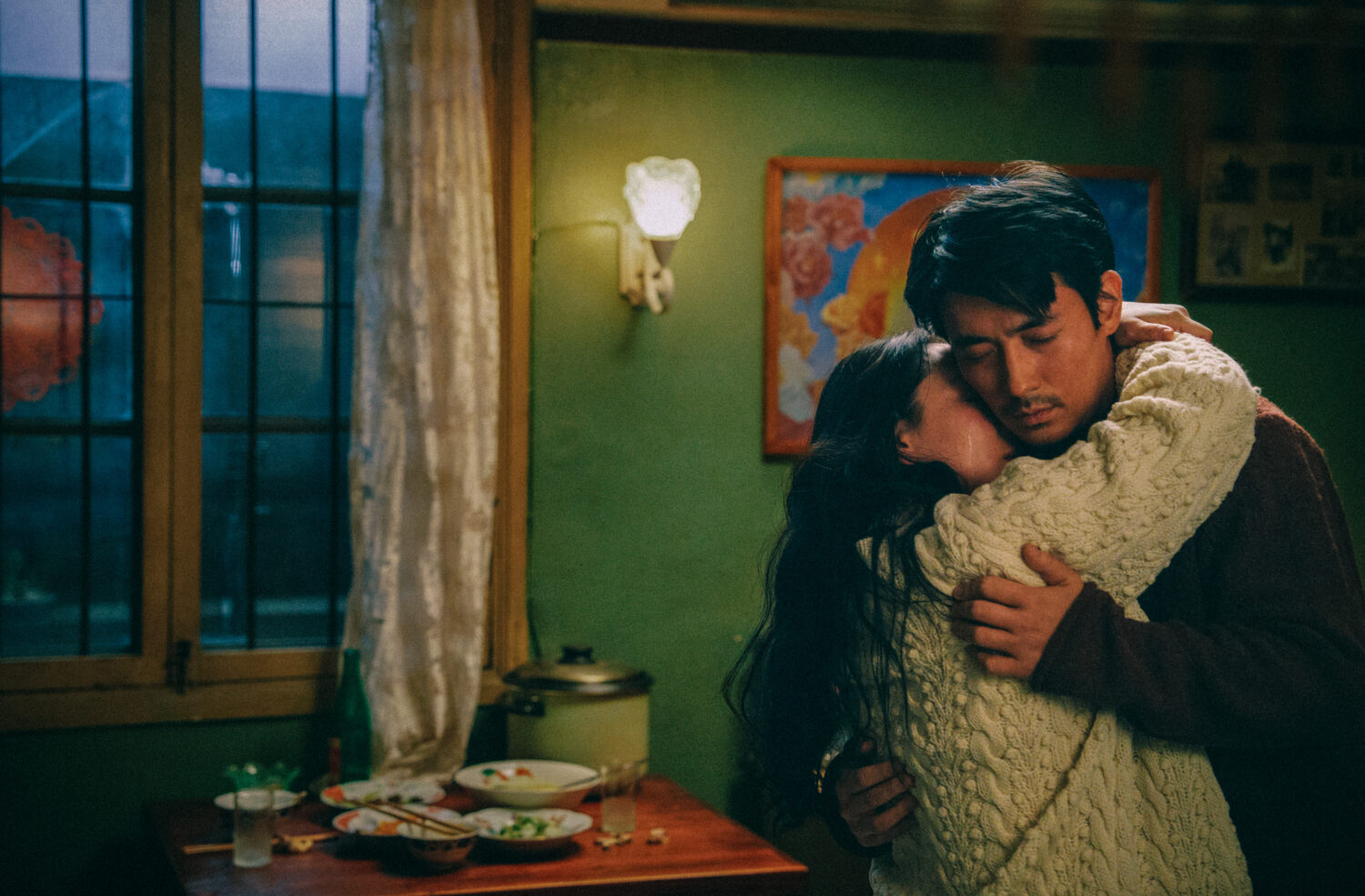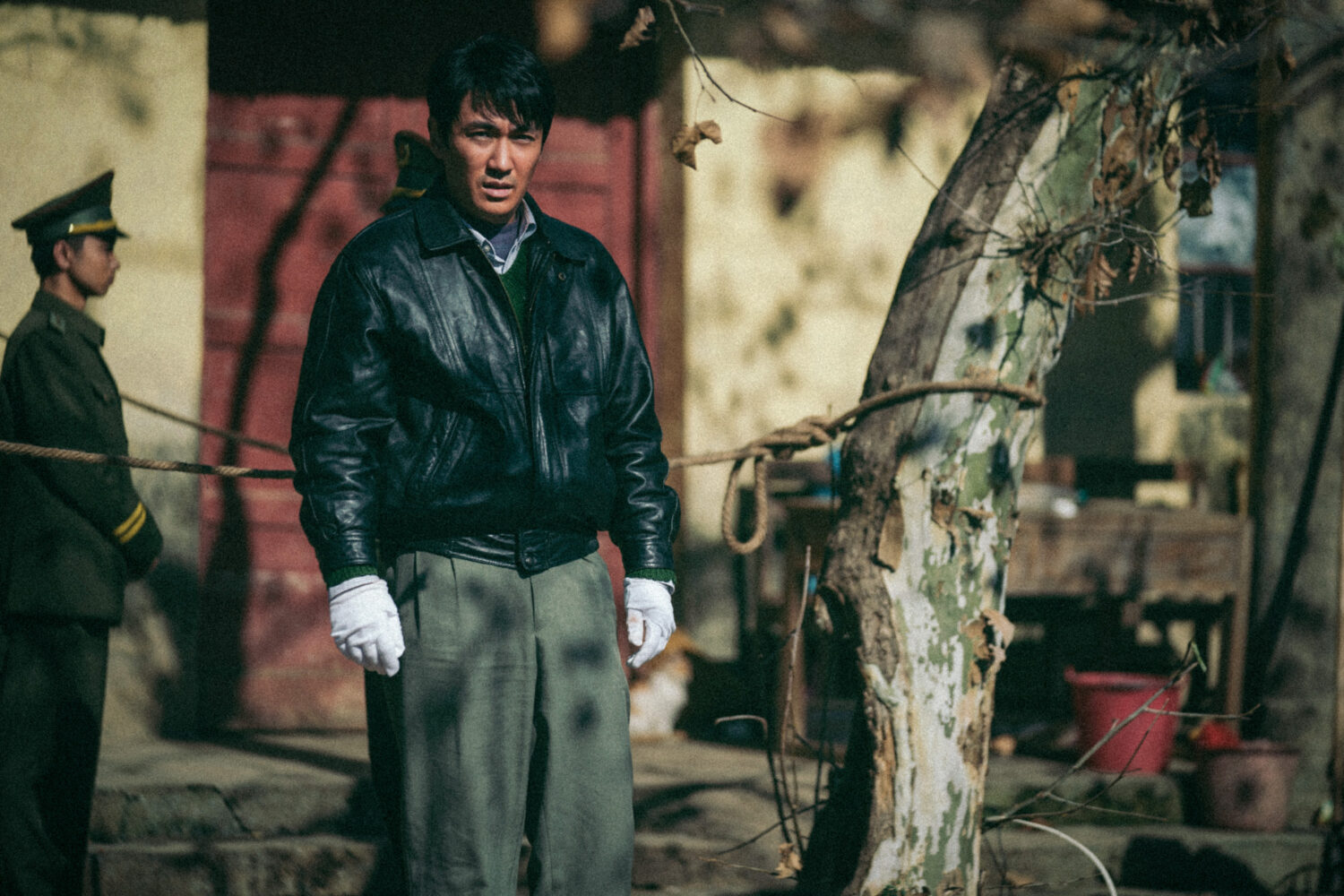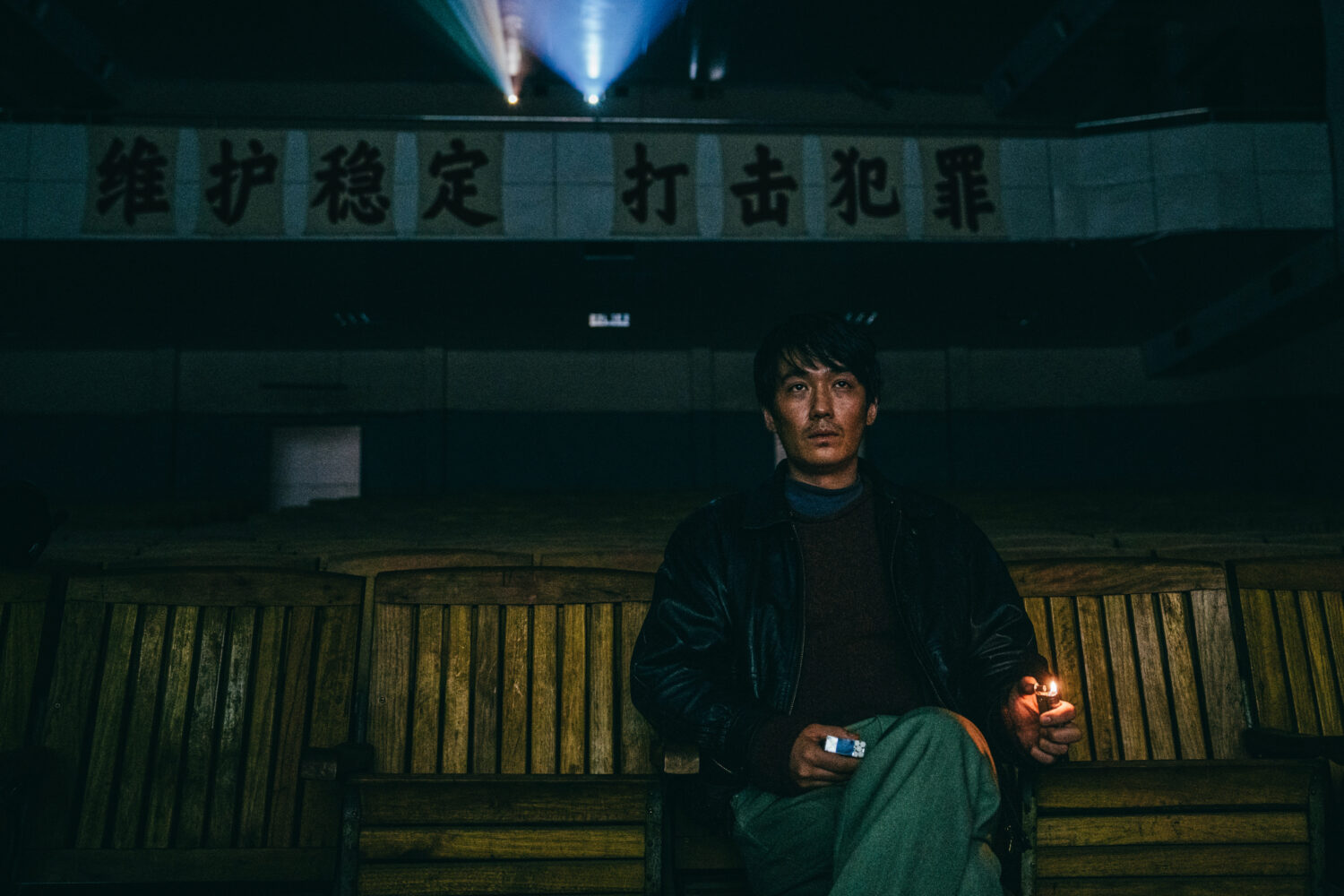Interview: Film Director Wei Shujun on His Hit Chinese Noir, ‘Only the River Flows’
By Keshav AnandBeijing-based director Wei Shujun — behind Ripples of Life and Striding Into the Wind — delivers an unconventional and stylish noir with his latest project, Only the River Flows. The film follows police detective Ma Zhe, portrayed by Yilong Zhu, as he investigates a serial killer in a rural Chinese town during the 90s. Adapted from author Yu Hua’s short story, the puzzle box of a film has captivated audiences; premiering to critical acclaim at the Cannes Film Festival, the movie’s moody atmosphere, dark humour, and social commentary made it an unexpected commercial hit in China. Now, on the occasion of its UK and Irish release, Something Curated’s Keshav Anand spoke with Wei Shujun to learn more.
Keshav Anand: What first excited you about Yu Hua’s novella Mistakes by the River; and what interested you in making a film based on the story?
Wei Shujun: What attracts me to this novel is that it turns everything on its head. It turns things upside down. As a detective novel, it doesn’t give you a satisfactory answer. It never tells you anything in a straightforward way. So you never really get a sense of satisfaction from the detective’s work. It doesn’t show you any real detective work either. In that respect, it is a rebellious novel within its genre. That was the first thing that attracted me to the work and I wanted to bring this rebelliousness into my film.
I also think with this kind of storytelling, you can actually go deeper into the issues presented, instead of just telling things straight up in a formulaic way. This way of storytelling provides a greater sense of depth. Normally with conventional detective stories, you have a lot of reason and logic in them, but in this film, there is no reason or logic. Everything detective Ma has tried to approach as a very reasonable and logical person doesn’t work. Things just happen, and they’re out of his expectations. And I think because of that, we can feel more deeply.

KA: When you thought about translating the work to film, how did you approach that process? Were there any significant changes made?
WS: Yes, we have made a lot of adaptations and a lot of additions too because the language of a novel and the language of a film are completely different. With novels, with words, you can actually express a lot in a few words, while if you want to express the same thing in film you have to make it visible, and audible as well. Everything has to be tangible. And therefore, in this film, we’ve done a lot of adaptations. For instance, the relationships we created between people, the poet, the hairdresser, and so on — we had to add a lot of things.
KA: How did you think about using light as a storytelling device in the film?
WS: Of course lighting has to reach a certain cinematic standard but also we have opted for high contrast lighting in order to express the story better. I think that light is something that can move the space — for instance it can direct you to something, changing how you think about it. It can effect how we perceive a space. So lighting is a very important tool in storytelling, in the sense that it draws our minds to a certain place, so it actually directs us.

KA: After having explored spaces like coming of age stories and dark comedy, why did you want to make a film noir?
WS: I always want to try new things, different things. Like Stanley Kubrick — I like how he does different genres as well. Also, I want to find myself in different genres. I want to try different things in order to find want sits well with me, to find where I belong so to speak.
KA: Could you tell us about the process of casting for this film? How did you approach selecting your actors?
WS: The casting process took two months to complete. I usually do an initial screening, and once they pass this stage, the best performers would go through another screening phase. In this film, we cast quite a few non-professional actors. For instance, the poet is actually a singer, and also the hairdresser and the junior policeman — they are all non-professional actors. They are all very talented.

KA: What was the biggest challenge you faced in making Only the River Flows?
WS: It was the script — adapting the novel into a film script took us two whole years and lots and lots of discussion. That was definitely the biggest challenge.
KA: Are you able to tell us about any upcoming projects in the works?
WS: At the moment I am writing the script for a television crime drama. There are probably a dozen episodes and the setting is in the north east of China.
Wei Shujun’s answers have been translated from Mandarin to English for Something Curated.
Feature image: Still from Wei Shujun’s Only the River Flows. © Lian Ray Pictures